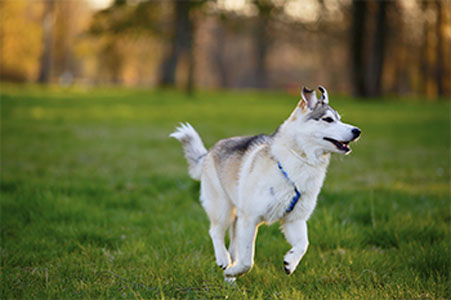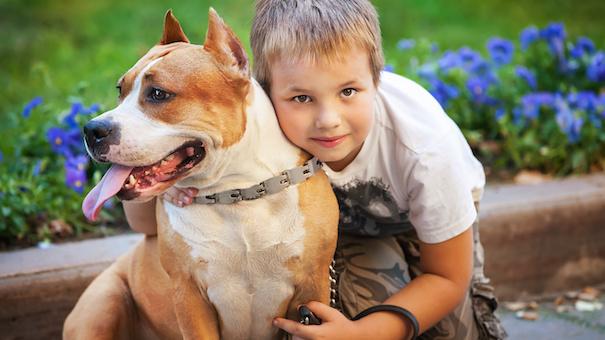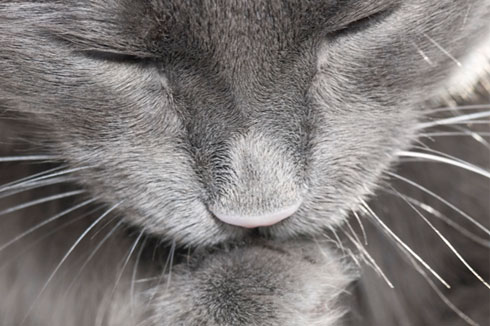Kitty Care
Factors to Consider Before Deciding to Own a Pet
Having a pet at home offers enormous health, social and emotional benefits. In fact, even just seeing mine run around the house is already enough to inspire me to start each day right. But I have to say though that being a pet owner is not for everyone. So if you’re thinking of getting a pet, here are some factors that you should first consider before you bring one home.

1. Time to Care for Pets
One of the most important factors you should consider before becoming a pet owner is if you actually have the time to care for your chosen pet. Caring for domestic pets like cats and dogs will require a considerable amount of your time and attention. This is especially true for dogs, since they tend to feel lonely when left alone for longer periods. If you won’t be able to devote enough time to interact or play with your pet, then consider getting pets that are less demanding with time and attention, such as a fish.
2. Cost of Caring for Pets
Ensuring the health of pets like birds, cats and dogs can be costly, especially if they get injured or ill. Consider talking to other pet owners to get a good idea of the cost of veterinary care. By doing this, you can set the right budget for both regular and emergency veterinary visits.
3. Suitable Environment
Different pets require different environments. While pets like gerbils, cats and fishes are fine with almost any type of dwelling, dogs tend to do better in certain environments. They can be happy in both high-rise buildings and houses as long as there’s an access to outdoor parks. Also, remember that not all buildings and establishments in Singapore allow pets so be sure to check with your building rules first before you proceed on bringing one home.

4. Allergic Reactions
Certain pets won’t be appropriate for your home if you or any member of the family have allergies. Guinea pigs, rabbits, cats and certain breeds of dogs do well with children, but some canine breeds might not be suitable for families with infants. Before taking any pet home, have every member of the household exposed to it first to check if anyone might be allergic.
5. Pet Trainings
Another area that you should be honest with yourself is whether or not you have enough time and ability to train your pet. Certain pets (such as dogs) require a lot of training, while there some that won’t involve any amount of training at all. If you’re a first-time dog owner, see if you and your dog can take an obedience training to know more about proper dog ownership and improve the habits of your dog.
The rewards of owning a pet are great, but do keep in mind that being a pet owner comes with responsibilities too. As long as you have realistic expectations about owning a pet, and make due preparations, then the joy and personal growth you’ll experience with your pet will be limitless.

5 Ways to Care for an Elderly Cat
It doesn’t come as a surprise that senior cats have special needs that are different from those of younger cats. But how do you that your feline friend is a senior?

Generally, cats between seven and 10 years of age are considered seniors. With increasing age, changes in their physical needs happen as well. With proper care, you can keep your cat active and healthy, avoiding any disease from developing in your beloved pet’s system. Here are some tips to care for your senior cat.
- Switch Food
Instead of serving dried foods, switch to canned versions as water consumption is necessary to keep kidney issues at bay—a common health problem among older cats. Put out water bowls in different locations around the house and make sure they are changed regularly.
- Keep Them Well-Fed
Worn out muscles is a common issue that ages felines. Keeping your cat well-fed by providing three to four small feedings in between meals encourages muscle repair and ensures they feel energized throughout the day.

- Brush Their Teeth Regularly
As cats age, they are more susceptible to tartar build-up, plaque, and the like. Difficulty in chewing and bad breath could be signs that you need to bring your furry friend to a professional for some dental work.
- Know the Red Flags
Cats—especially those above 14 years old—are prone to cognitive disorders similar to dementia. According to experts, if you notice your cat often hides, sleeps, and misses the litter box, he could be suffering from such mental condition.
- Check the Eyes
If you start noticing that your pet struggles to move around or often bumps into things, he might have vision issues. A cataract, which gives cats an opalescent visual quality, is a common case among senior felines. But this could also be a sign of tumour or retinal detachment, which can only be detected through an examination.
Just like humans, elderly cats do have special needs and require special attention. And as your cat’s carer, your pet’s health and life is up to your own hands. To prolong the life of your feline family member, seek these caring tips for your senior cat.

